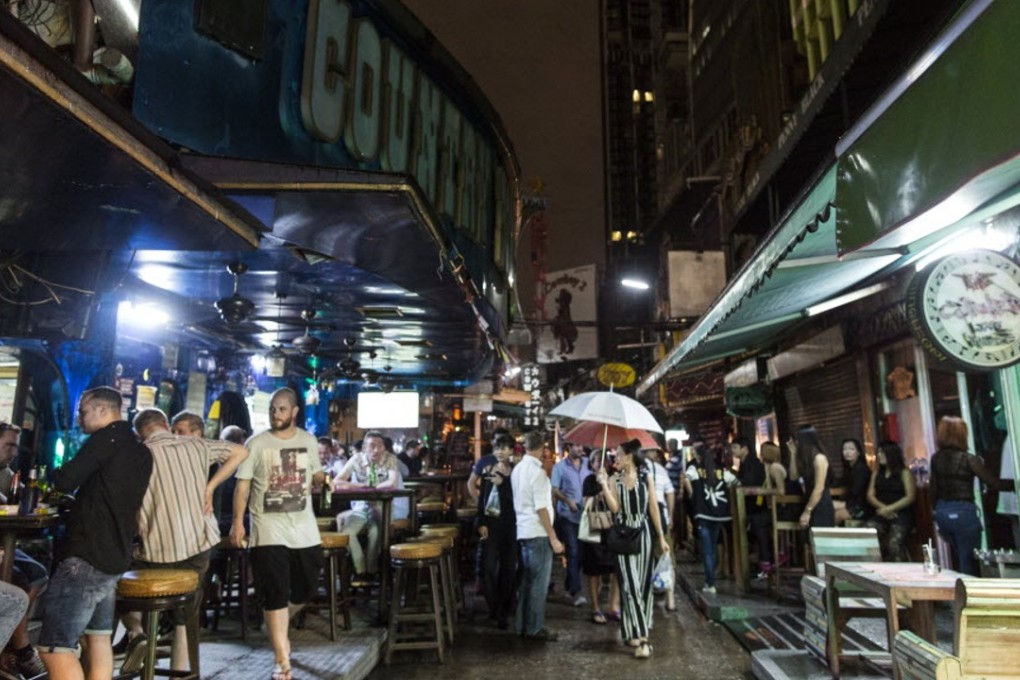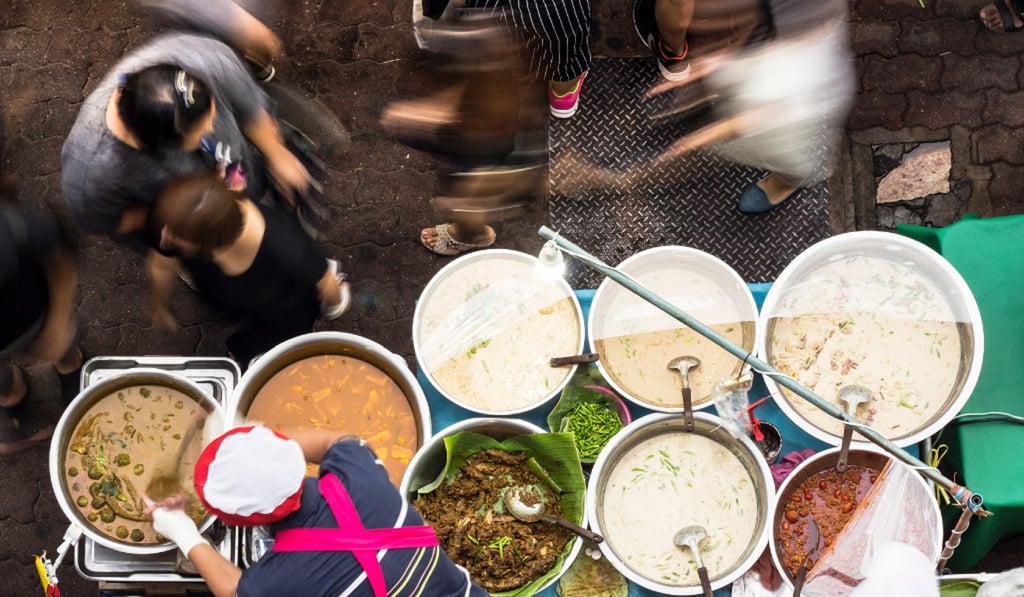Destinations known | Is Bangkok the next Singapore or Tokyo? Thailand’s military government certainly hopes so
Plus, Airbnb China will soon be sharing guest and host details with authorities and Maya Bay, of The Beach fame, set to close

Is the party over?
Bangkok was the second most visited city in the world in 2017, welcoming 21.2 million tourists into its steamy and chaotic embrace, according to a report by market research provider Euromonitor International.
Much like the multitude of visitors it entices, the Thai capital’s attractions are many and varied, with street food, sex and after-dark entertainment often cited as major draws. Incidentally, these are also among the industries targeted by the country’s ruling military junta in an effort to clean up Bangkok’s image.
In April last year, there was furore among locals and tourists over an announcement from Bangkok Metropolitan Administration stating that in the interests of cleanliness and order it would be purging the streets of their vendors – just don’t call it a street-food ban. In a recently published video interview for The Washington Post, chief adviser to the Bangkok governor, Dr Vallop Suwandee, underlined this intent, saying: “We have decided to do away with all of [the street food vendors] now – we will, bit by bit, do it. Totally, about 20,000 vendors have to be relocated.”

And it looks like the city’s infamous party scene has joined its dining culture in the junta’s cross hairs. The Washington Post reported on March 24 that Bangkok’s bars and clubs have been subjected to an intensifying crackdown over the past 12 months, which has seen a number of them close – some indefinitely – as a result of stricter licensing restrictions and curfews. Where once a bribe might have sufficed to keep the regulators at bay, the government’s resolve to enforce social order is significantly more steely, influenced, critics say, by falling popularity amid failure to fulfil the main aims outlined at the time of the 2014 coup, and the promise of an election in early 2019.
